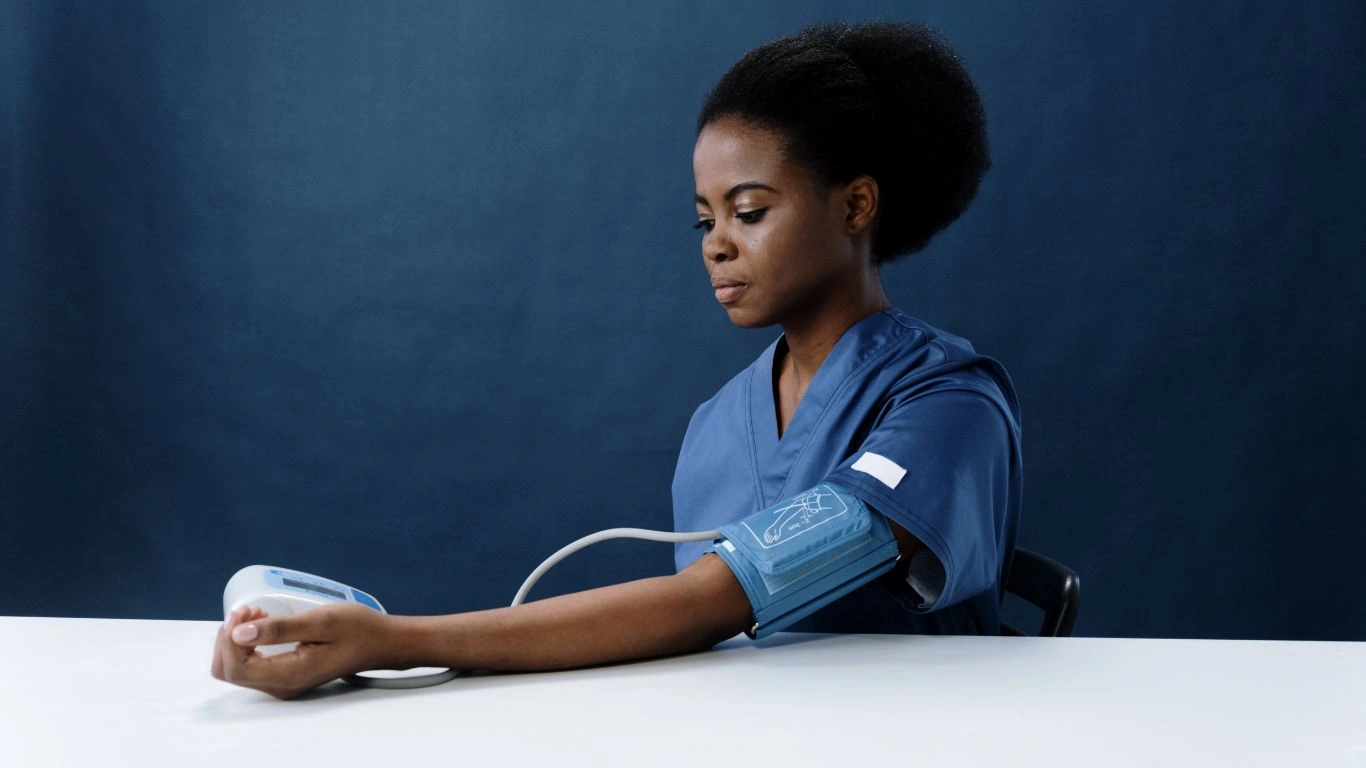Effective Strategies for Managing Hypertension: Lifestyle and Treatment Approaches
Effective Strategies for Managing Hypertension: Lifestyle and Treatment Approaches
Hypertension, commonly known as high blood pressure, affects millions of people worldwide. It is a condition that often goes unnoticed because it doesn’t always present noticeable symptoms. However, hypertension can have serious health consequences, such as heart disease, stroke, and kidney failure if left untreated. In this article, we will explore how you can manage hypertension through lifestyle changes, medications, and regular monitoring.

First and foremost, managing hypertension begins with a healthy lifestyle. Regular physical activity, a balanced diet, weight management, and stress reduction techniques are crucial components in maintaining healthy blood pressure levels. Exercise, in particular, plays a key role in controlling hypertension by helping to strengthen the heart and improve circulation. Eating a diet rich in fruits, vegetables, whole grains, and lean proteins while avoiding excessive salt and processed foods is equally important.
Besides lifestyle changes, medications are often necessary to lower blood pressure and keep it in a safe range. Doctors may prescribe antihypertensive medications, such as ACE inhibitors, beta-blockers, or diuretics, depending on the severity of the condition. It’s important to follow the doctor’s instructions and attend regular check-ups to monitor your blood pressure and adjust medications as needed.

Another key strategy in managing hypertension is stress reduction. Chronic stress can contribute to elevated blood pressure, so finding ways to relax is essential. Techniques like mindfulness meditation, deep breathing exercises, and yoga can be helpful in calming the mind and body. Adequate sleep is also a vital aspect of overall health and plays a significant role in controlling blood pressure.
Alongside lifestyle modifications and medications, monitoring blood pressure regularly is crucial. Home blood pressure monitors are readily available, allowing individuals to track their progress and detect any changes that may require medical attention. Regular check-ups with a healthcare provider will help ensure that your hypertension is well-managed.

In conclusion, managing hypertension requires a comprehensive approach that involves adopting a healthy lifestyle, taking medications as prescribed, and regularly monitoring blood pressure. By following these steps, you can reduce the risk of complications associated with hypertension and improve your overall health and well-being.

Dr. Gwenna Aazee is a board-certified Internal Medicine Physician with a special focus on hypertension management, chronic disease prevention, and patient education. With years of experience in both clinical practice and medical writing, she’s passionate about turning evidence-based medicine into accessible, actionable advice. Through her work at Healthusias.com, Dr. Aazee empowers readers to take charge of their health with confidence and clarity. Off the clock, she enjoys deep dives into nutrition research, long walks with her rescue pup, and simplifying medical jargon one article at a time.







